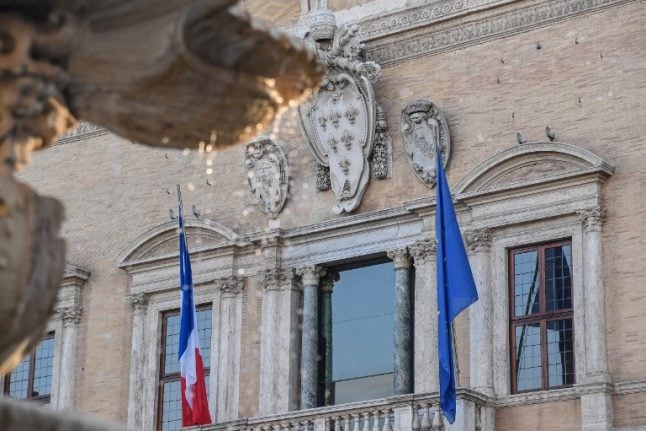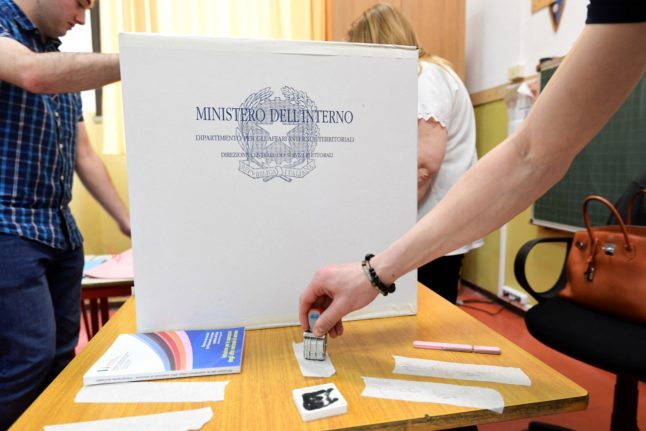France now sees “no reason” to oppose the extradition of former Italian militants sought by Rome, one of the irritants between the neighbours, French European Affairs Minister Nathalie Loiseau said in an interview published today.
She added that the country had until now “underestimated the trauma of terrorism” on its neighbours.
She revised France's long-standing position not to extradite political militants who had renounced their armed struggle.

French minister Nathalie Loiseau. Photo: AFP
“Judges will work this out among them, case by case… but there is no reason to oppose a possible extradition,” the minister told Le Monde newspaper.
“I think that our country has for a long time underestimated the trauma of terrorism in Italy or Spain, which we have treated with indifference.”
Italian authorities said in January they were still hunting 30 “terrorists” on the run abroad after far-left militant Cesare Battisti was jailed, ending his 37 years as a fugitive.
Italy's populist coalition government has repeatedly sparred with French President Emmanuel Macron on a number of issues, including rising nationalism in Europe and the migration crisis in the Mediterranean.
Earlier this month, France recalled its ambassador to Rome in protest over an unannounced meeting between Italy's deputy prime minister and anti-government protesters in Paris.
The envoy returned to Rome last week, marking a decline in the tensions.

French “yellow vest” protesters demonstrate next to the Italian border in Ventimiglia. Photo: Valery Hache/AFP
READ ALSO:



 Please whitelist us to continue reading.
Please whitelist us to continue reading.
Member comments